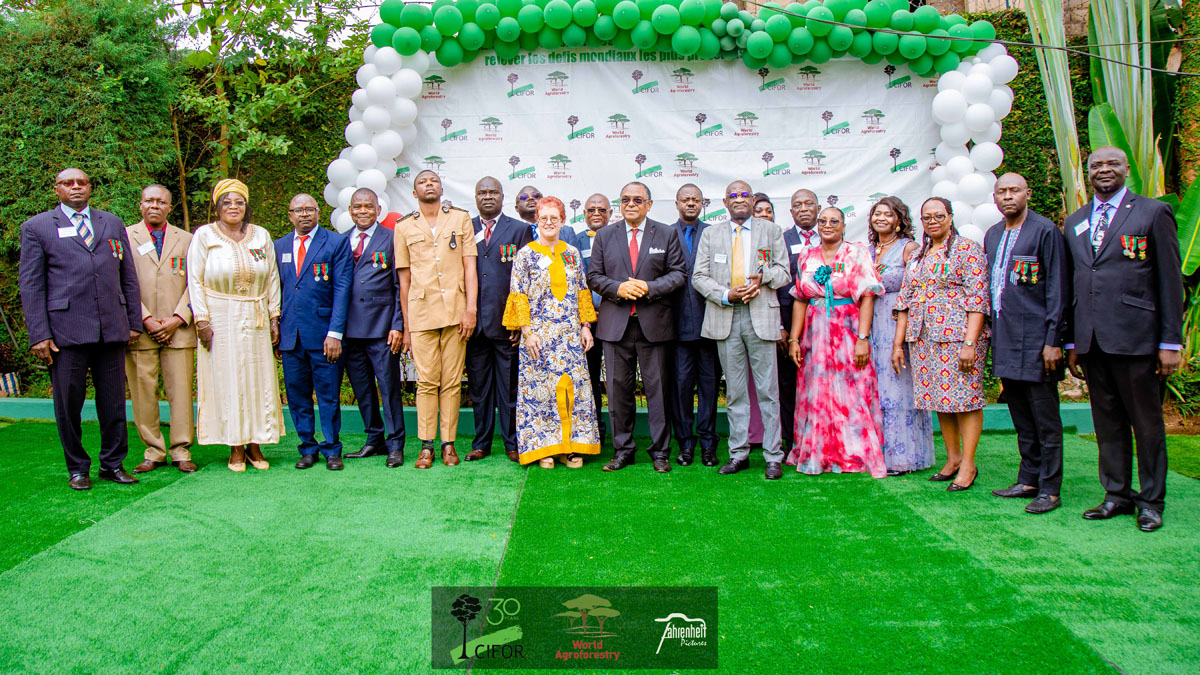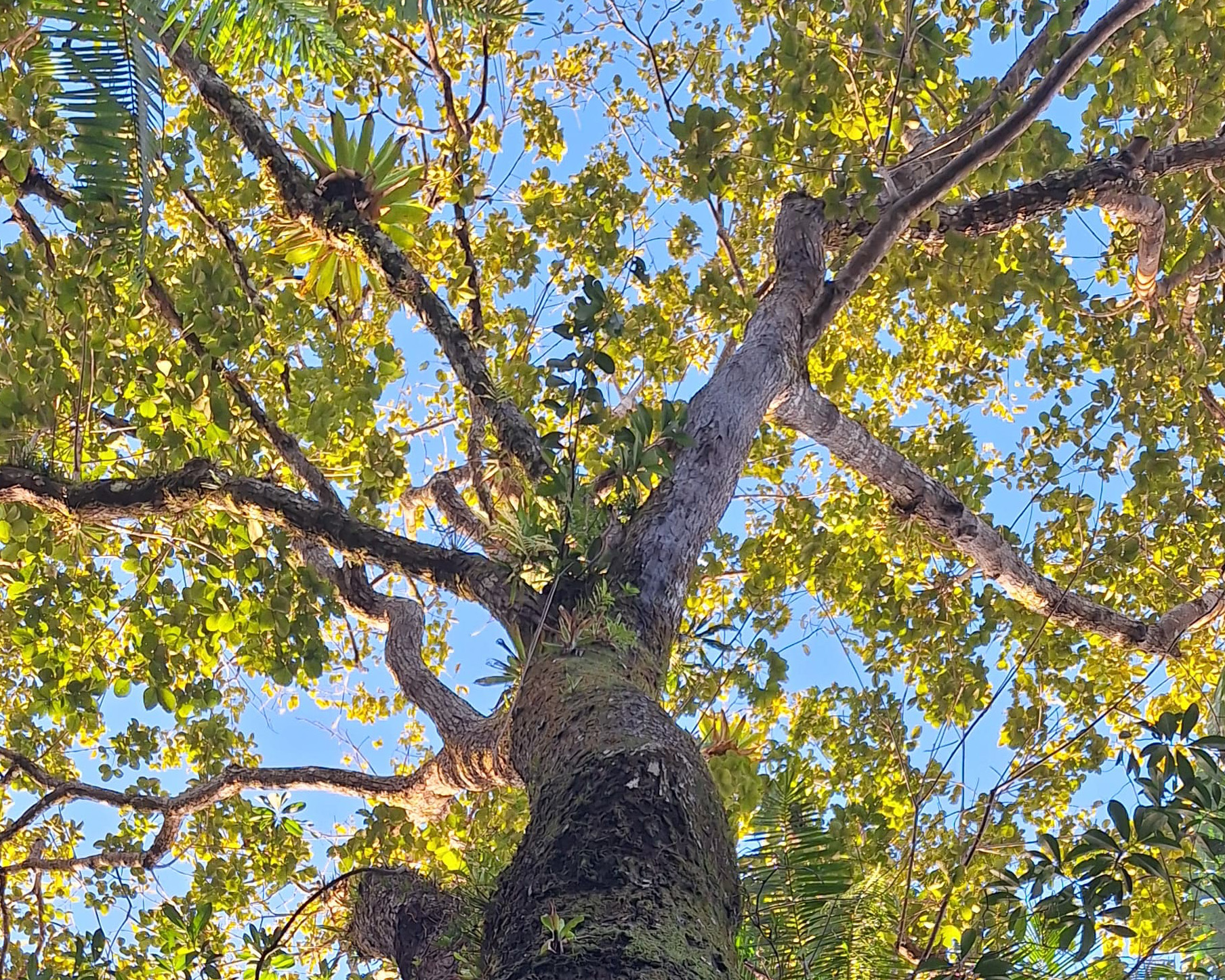This paper presents a comparative study of forest management across four countries in East Africa and Latin America: Kenya, Uganda, Bolivia, and Mexico. It focuses on one question: Do varying proportions of women (low, mixed, high) in forest user groups influence their likelihood of adopting forest resource enhancing behavior? We found that higher proportions of females in user groups, and especially user groups dominated by females, perform less well than mixed groups or male dominated ones. We suggest that these differences may be related to three factors: gender biases in technology access and dissemination, a labor constraint faced by women, and a possible limitation to women's sanctioning authority. Mixed female and male groups offer an avenue for exploiting the strengths of women and men, while tempering their individual shortcomings.
Download:
DOI:
https://doi.org/10.5751/ES-03873-160117
Altmetric score:
Dimensions Citation Count:
























